“Buying professional insurance protects notaries when there is a risk of personal liability, but compared to doctors, auditors, and lawyers, it is not known who is at greater risk,” the Minister of Justice stated.
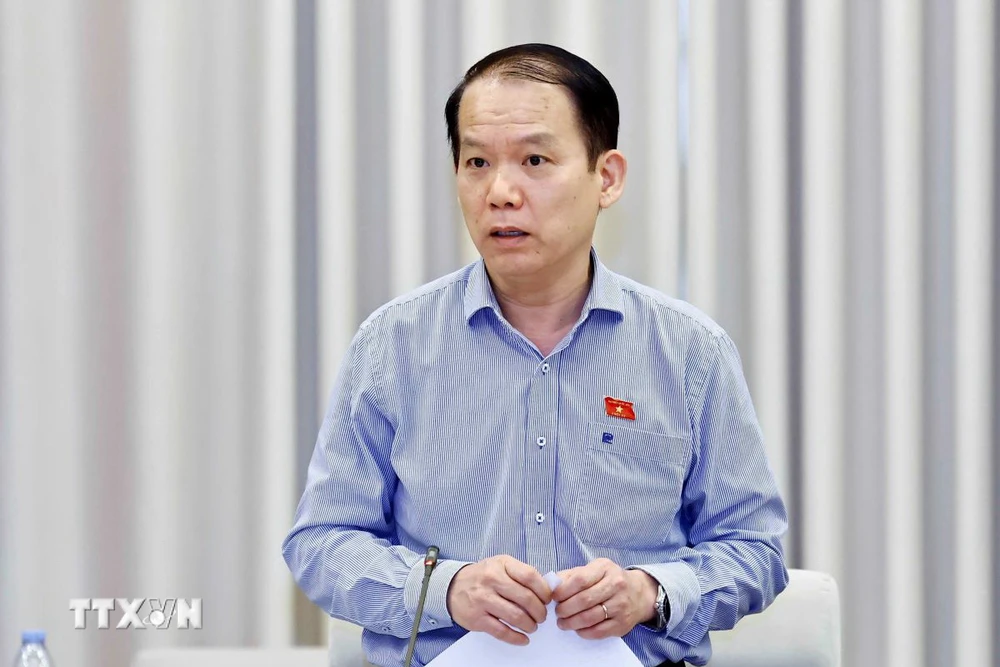
On the morning of November 15, at the National Assembly House, the National Assembly Standing Committee met to give opinions on explaining, accepting, and revising the draft Law on Notarization (amended).
Ensuring consistent implementation
Reporting on the issue of asking for opinions from the National Assembly Standing Committee, Chairman of the National Assembly's Law Committee Hoang Thanh Tung said that regarding the regulation on transactions that must be notarized, the Standing Committee of the Law Committee found that the regulation on criteria for transactions that must be notarized as in the draft Law is appropriate.
Mr. Hoang Thanh Tung explained that the Notarization Law is a formal law, and it is not necessary to specify the transactions that must be notarized in the law to avoid overlapping with the provisions of specialized laws. The law needs to stipulate general criteria to avoid each specialized legal document determining transactions that must be notarized according to different criteria, leading to a lack of consistency or possible abuse, affecting the rights and legitimate interests of organizations and individuals.
In addition, the draft Law stipulates criteria for determining transactions that must be notarized based on the following factors: the importance, the level of legal security requirements of the transaction, and the authority that stipulates that the transaction must be notarized.
When drafting, appraising and examining legal documents with provisions related to civil and economic transactions , competent entities in law-making work will consider and evaluate the conformity with the criteria of transactions expected to be notarized; ensuring consistent implementation.
However, if this criterion is rigidly stipulated that only new laws must stipulate that transactions must be notarized as proposed by the Government, it will not ensure flexibility in accordance with practical requirements, and will not ensure the stability of the law, especially in the current conditions of rapid scientific and technological development, and many new economic and civil transactions that arise are difficult to predict.
In this direction, it will be necessary to study and amend a number of laws to "legalize" notarized transactions currently stipulated in a number of decrees and circulars, including the 2024 Land Law and the 2023 Housing Law that have just come into effect. This is both sensitive and inconsistent with the guiding spirit of innovation in thinking in law-making.
Regarding professional liability insurance for notaries, the Standing Committee of the Law Committee proposed to keep the provision on professional liability insurance for notaries as compulsory insurance as in the draft Law.
According to the provisions of current law and the draft Law, notarization is a basic public service, notaries provide public services authorized by the State to ensure legal safety for parties participating in transactions, prevent disputes, contribute to protecting the rights and legitimate interests of individuals and organizations, and stabilize and develop the socio-economy. Therefore, such a provision is consistent with the provisions of the Law on Insurance Business, contributing to protecting public interests, social security, and better protecting the rights of notaries in practicing notarization.
Furthermore, this is a provision that inherits the current Notary Law and is consistent with the notary laws of a number of countries. The provisions as in the new draft Law ensure strictness, feasibility, and consistency with the obligations of notary organizations in purchasing professional liability insurance for notaries, ensuring the implementation of the goal of protecting public interests and social security.
The purchase price and compensation level must be clearly specified.
Regarding the continued maintenance of the regulation on notary public professional liability insurance as compulsory insurance, Minister of Justice Nguyen Hai Ninh said that out of the 14 current specialized laws, 11 laws stipulate liability insurance as obligation insurance, requiring practicing organizations to purchase professional insurance for their members.
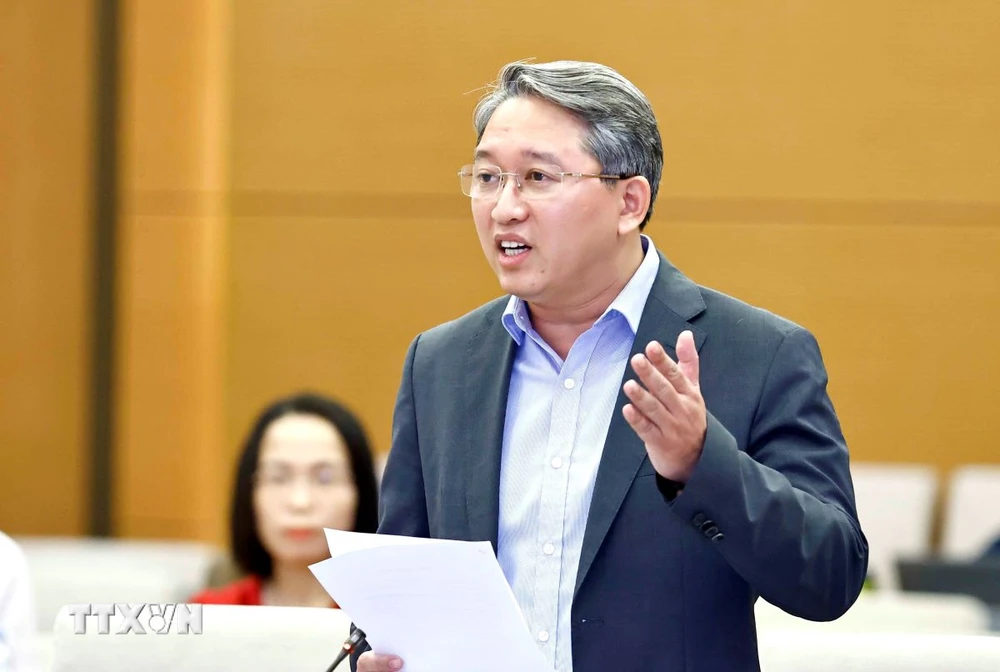
“Buying occupational insurance is an obligation, so it will be purchased based on an agreement between the insurance business and the professional organization. If it is a compulsory type of insurance, the purchase level and compensation level must be clearly specified,” the Minister of Justice stated.
After reviewing the laws related to auditing, lawyers, medical examination and treatment, the Minister of Justice said that the relevant laws have removed the provision that professional liability insurance is compulsory, only stipulating the obligation to purchase insurance. Thus, if the draft Law on Notarization (amended) still maintains the provision that professional liability insurance for notaries is a compulsory type of insurance, then this Law is the only one that requires the purchase of professional insurance.
“Buying professional insurance is to protect notaries when there is a risk of personal liability, but compared to doctors, auditors, and lawyers, it is not known who is at greater risk,” the Minister of Justice stated.
Regarding this issue, Chairman of the National Assembly's Law Committee Hoang Thanh Tung said that the regulation that notaries' professional liability insurance is compulsory will be consistent with the provisions of Article 8 of the Law on Insurance Business, contributing to protecting public interests, social security, and better protecting the rights of notaries in practicing notary.
On the other hand, this is a provision that inherits the current Notary Law and is consistent with the notary laws of a number of countries. The fact that notaries have not been compensated in the past when an insurance event occurs as stated by the Government in Document No. 777/CP-PL is a problem in the organization and implementation of the Law.
Therefore, the Chairman of the Law Committee suggested that the Government needs to have solutions to enhance the effectiveness of implementing this regulation in practice, especially regulations on mechanisms, terms, and insurance principles suitable to the characteristics of notary activities.
After the National Assembly Standing Committee discussed and gave a concluding speech on this content, Vice Chairman of the National Assembly Nguyen Khac Dinh said that the National Assembly Standing Committee basically agreed with the issues in the draft Law on Notarization (amended) that had been agreed upon by the drafting agency and the reviewing agency.
However, regarding regulations on professional liability insurance for notaries, the National Assembly Standing Committee proposed designing two options for the National Assembly to consider.
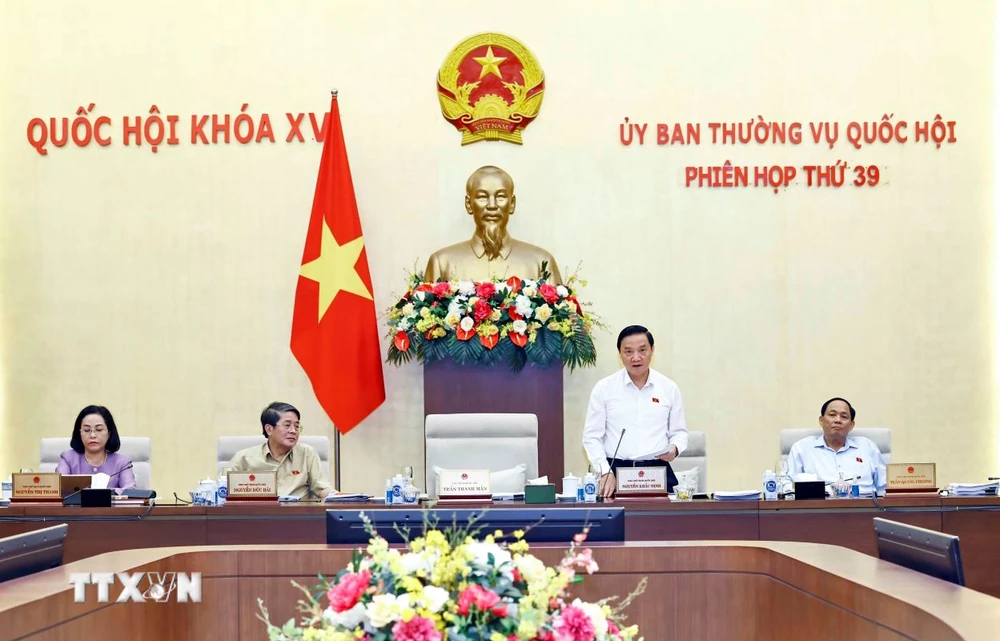
Option 1, as the current Law states, is that notary public professional liability insurance is compulsory insurance. Option 2, as proposed by the Government, does not stipulate that notary public professional liability insurance is a type of compulsory insurance, but only stipulates that notary public organizations are obliged to purchase this insurance for their organization's compulsory insurance.
Previously, in the morning session, the National Assembly Standing Committee met to consider a number of resolutions to implement the Law on Organization of People's Courts in 2024./.
Source: https://www.vietnamplus.vn/quy-dinh-ro-muc-mua-boi-thuong-bao-hiem-trach-nhiem-nghe-nghiep-cong-chung-vien-post993552.vnp


















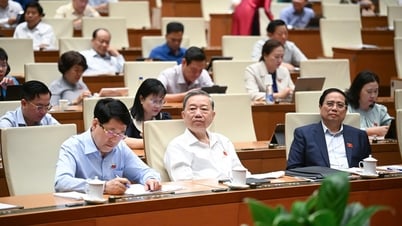








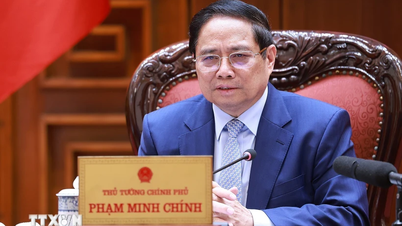
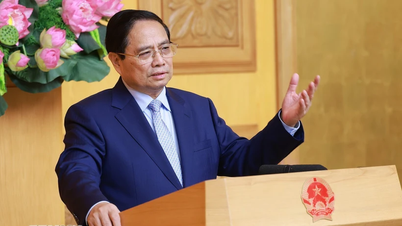

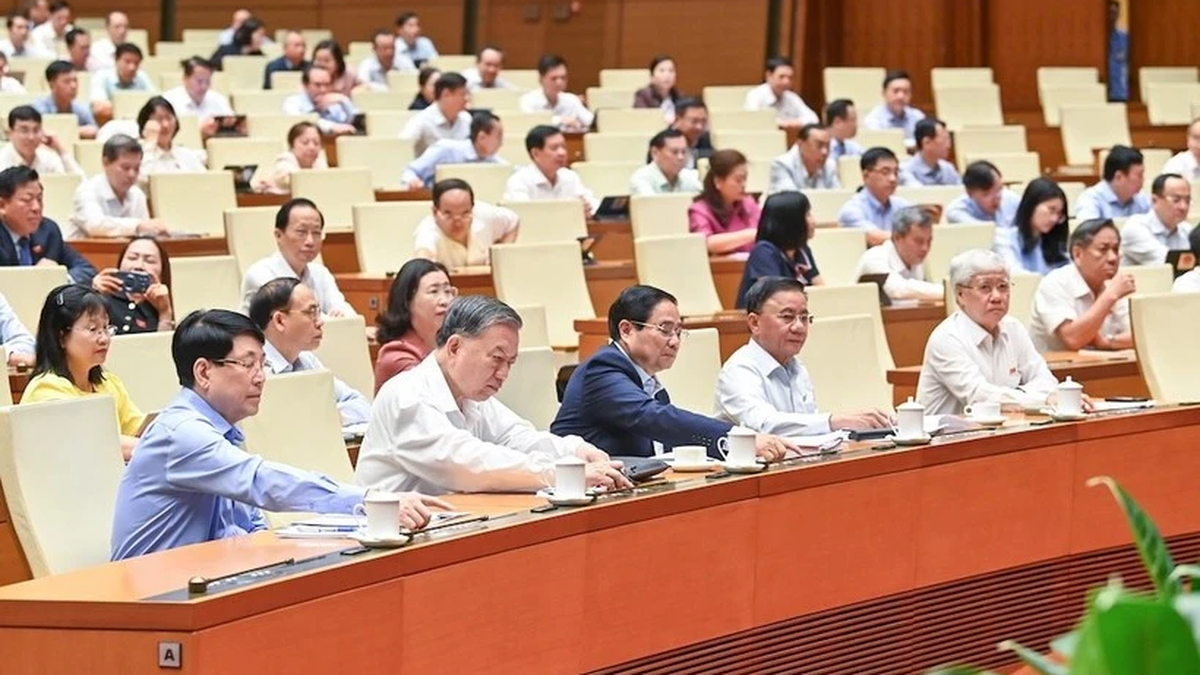



































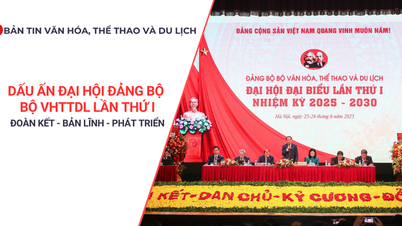


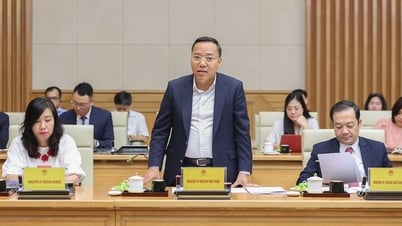



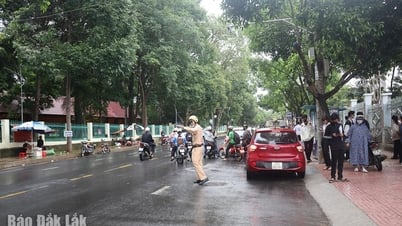























Comment (0)